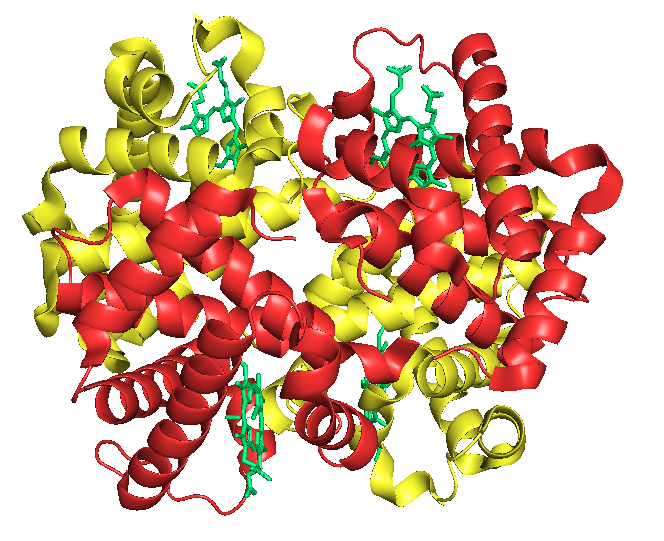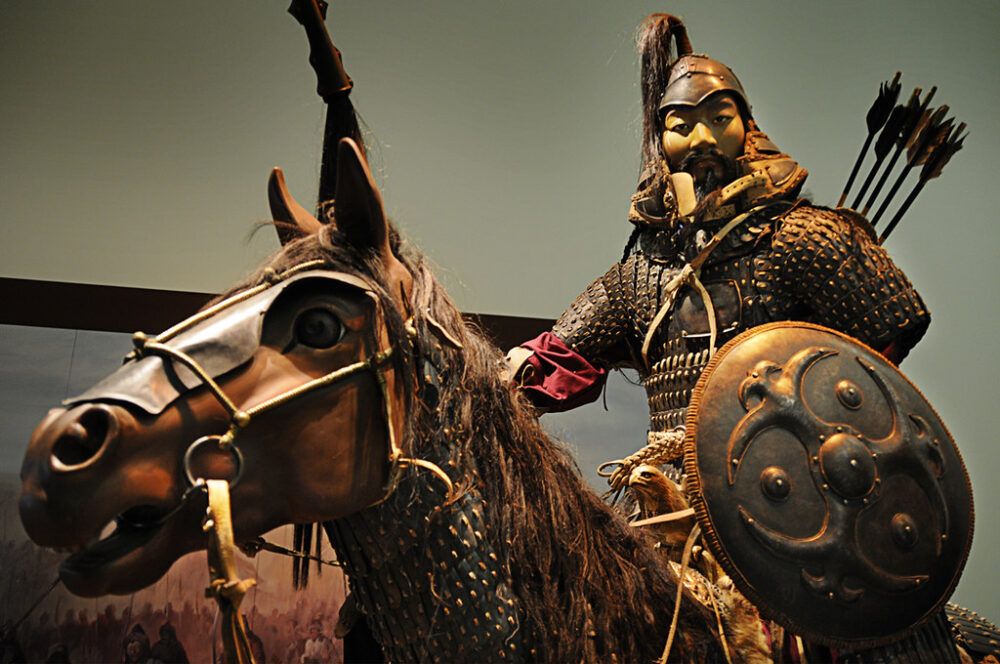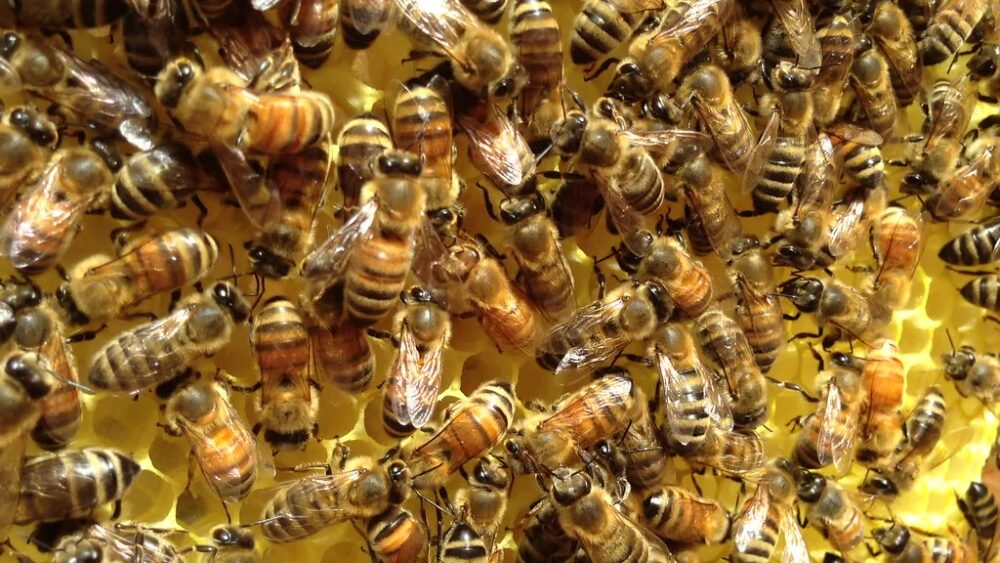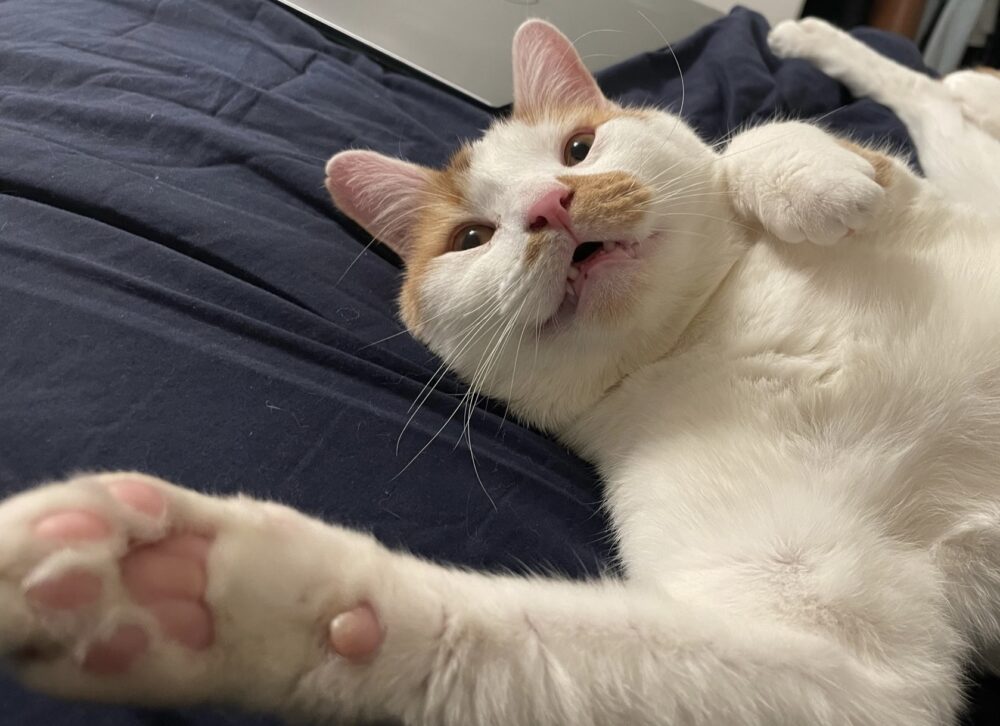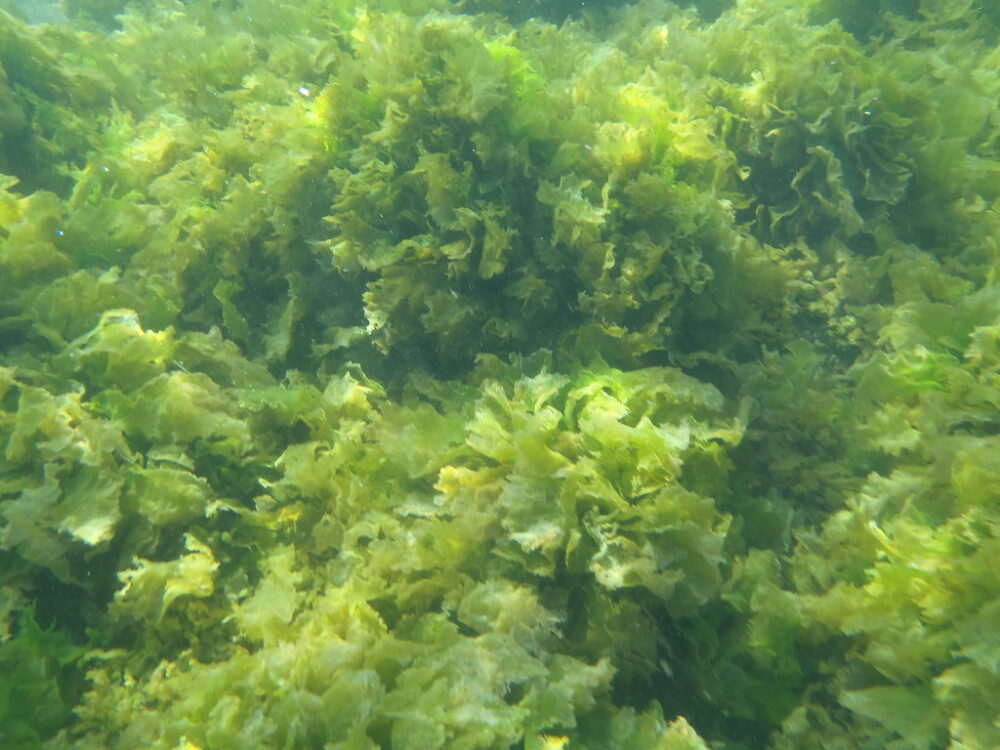From single gene to hemoglobin protein
Throughout the past century, the study of hemoglobin has revolutionized modern molecular medicine. Specifically, hemoglobin, an essential protein which gives blood its red color and is responsible for oxygen transport in vertebrates, has come to be better understood. Hemoglobin protein molecules in humans are primarily characterized by the folding of the amino acid chains which […]
From single gene to hemoglobin protein Read More »
